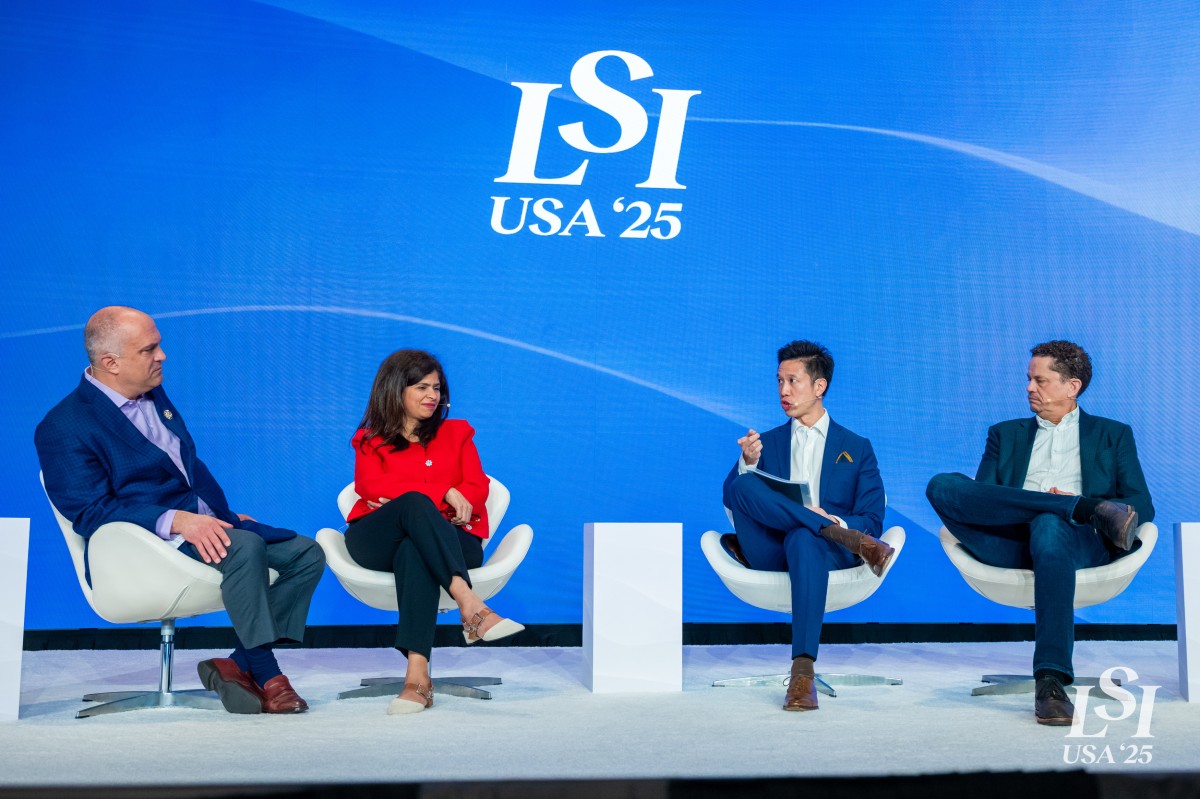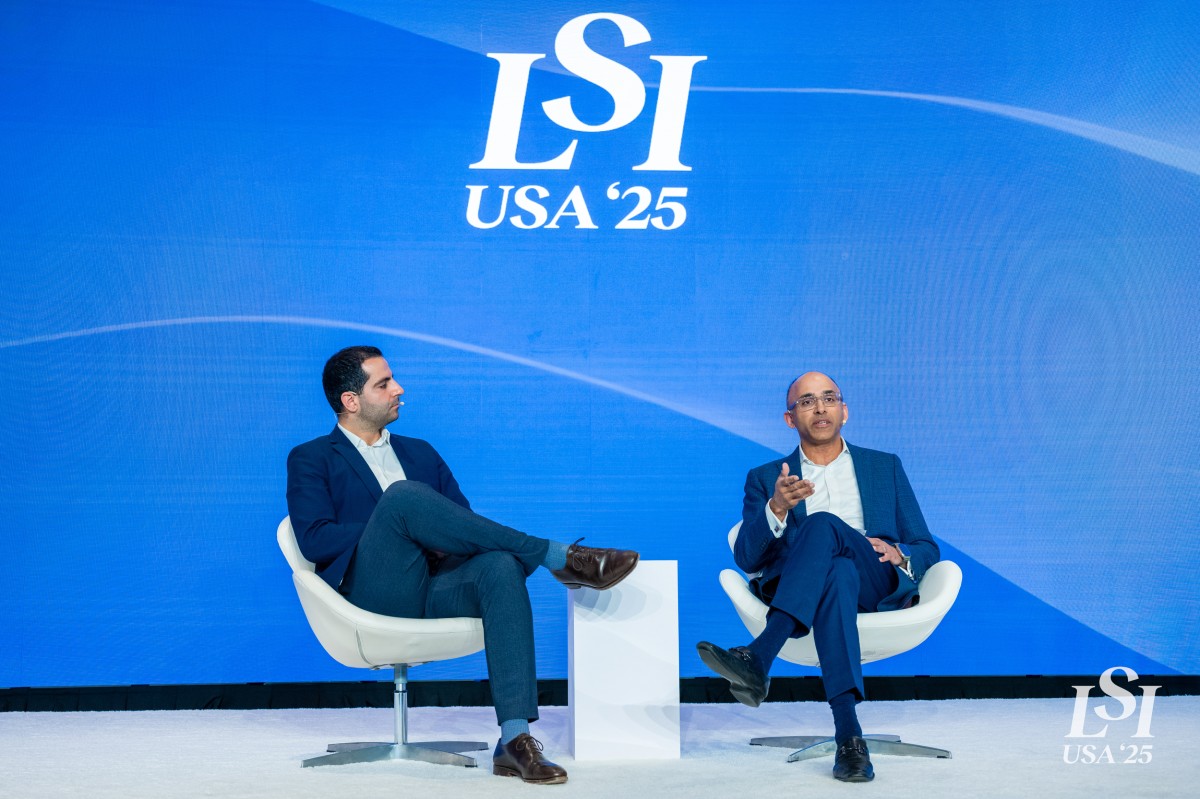
At a panel at LSI USA '24, the discussion around brain-computer interfaces (BCIs) highlighted their transformative potential. BCI technologies, an emerging field within the medtech market, offer a promising path to restoring independence for individuals with motor impairments. This session, featuring experts Tom Oxley, CEO of Synchron, and Andy Rasdal, former CEO of Dexcom, provides insight into the intricacies of BCI technology, its market potential, and the strategic imperatives for success.
Defining BCI Technologies
BCIs are cutting-edge technologies that acquire and analyze brain signals, translating them into commands for output devices to perform desired actions.
"BCI is primarily a sensing technology. It is an implant that detects brain activity, makes predictions on what the brain is trying to do, and then sends information out of the body to control external devices," explained Oxley. He further clarified, "BCI technologies promise to take the signal out of the brain, create a new Bluetooth input into a digital device, and then restore digital device technology control."
The Path to Commercialization
The journey from concept to market is complex and demanding—particularly for novel medical technologies like BCIs. Rasdal emphasized the importance of a strong team and robust technology. "It's building a great team that has a common unified vision and keeps solely focused on that," Rasdal said. He underscored the necessity of delivering a functional and reliable product, which was crucial in Dexcom's success story.
Funding and Investor Engagement
Securing funding is a critical step for medtech startups. Oxley highlighted Synchron’s diverse investor base: "We haven't had traditional medtech investors. There are different ways to secure funding than just traditional medtech. It’s important to tell your story to different investor bases." This approach attracted significant investments, including a $75 million Series C round led by Arch Ventures, with participation from notable figures like Bill Gates and Jeff Bezos.
Regulatory Navigation
Navigating regulatory pathways is a significant challenge in the medtech market. Rasdal shared insights from his experience at Dexcom, where a strategic regulatory approach was pivotal. "We decided to pursue an adjunctive claim for the first continuous glucose monitor. This meant they could use it for the information, but the labeling stated that users should confirm with a finger stick test before administering glucose. This enabled us to build a lot of strong trust and credibility with the agency," Rasdal said. This approach helped Dexcom leapfrog competitors and set the parameters for future regulatory processes.
Scaling Manufacturing
Efficient and scalable manufacturing processes are essential for bringing BCI technologies to market. Synchron has taken proactive steps in this area, including investing in specialized manufacturing capabilities. Oxley explained, "We had to do a completely novel manufacturing process using a sputtering technology. We invested in a partner to shore up that manufacturing line." This ensures the company can meet demand and maintain product quality as it scales its operations.
The Future of BCIs
The full recording of the panel can be found in LSI’s resource hub at the link below:
Looking ahead, the potential applications for BCIs extend beyond motor impairment. Oxley envisions BCIs addressing a range of neurological conditions. "The FDA is contemplating BCI as synonymous with neuroprosthesis, where a neuroprosthesis is a medical device that restores a brain function, such as hearing, seeing, smelling, thinking, planning, and feeling," he said. This broad scope indicates a significant growth trajectory for BCIs within the medtech market.
BCI technologies represent a revolutionary leap in medtech, promising to transform lives and redefine the boundaries of human-machine interaction. As highlighted during the panel at LSI USA '24, strategic planning, robust technology, and effective regulatory navigation are crucial for success in this dynamic field. For investors, the BCI market offers a compelling opportunity to support medtech innovations that have the potential to change the landscape of healthcare and enhance the quality of life for countless individuals
-Joe-Mullings,-Andrew-ElBardissi,-Ramin-Mousavi,-Addie-Harris,-and-Josh-Makower.png)






